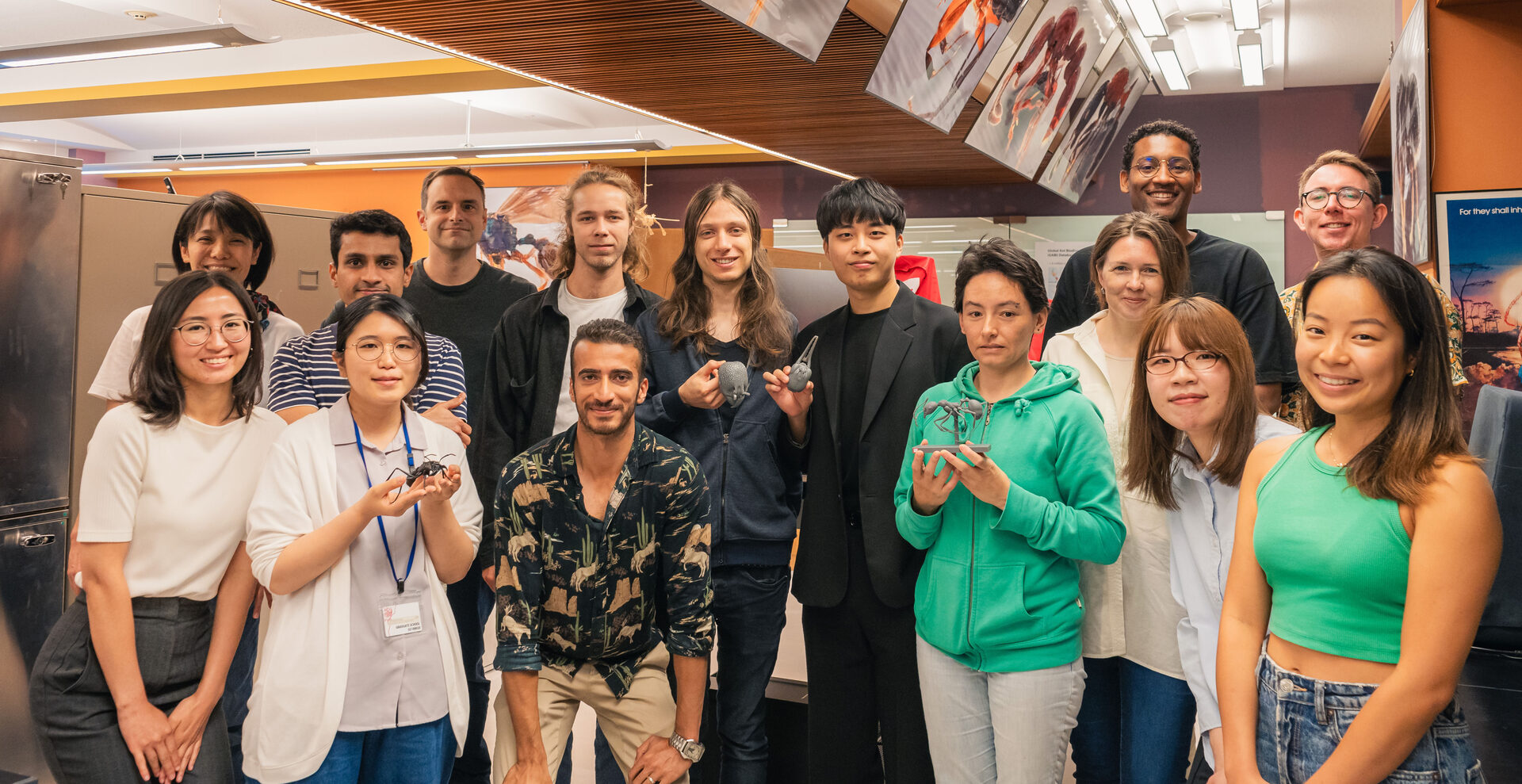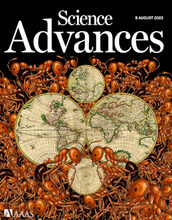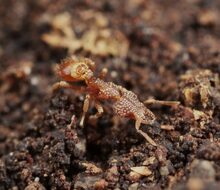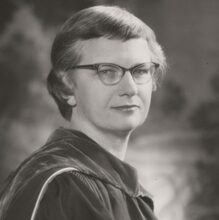Biodiversity and Biocomplexity Unit (Evan P. Economo)
Our lab seeks to understand how ecological and evolutionary processes interact to generate and regulate biodiversity across spatiotemporal scales and levels of biological organization. Living systems are diverse from gene sequences to organismal morphology to communities and ecosystems. Our goal as biologists is to document and catalogue this diversity and understand the complex interactions and dynamics that generate and sustain biological variation. Towards those ends, we integrate a variety of approaches including quantitative theory, phylogenetics, high-performance computing, ecoinformatics, morphometrics, field sampling, and taxonomy. Our research is strongly rooted in biodiversity collections, and the lab manages a research collection of approximately 50,000 ant specimens. Also see our Lab Website.
Latest Posts
-
New Paper on Global Ant Diversity
A long-term research goal of our lab is to build a comprehensive database and map of how ants are distributed around the world. We recently published a milestone in this effort, the first high-resolution mapping of richness and rarity. In this study, we compared ant patterns to vertebrates and used machine learning to predict hotspots of undiscovered diversity, which should help guide future research.
Mainland fieldwork tales: of ants, earthquake, and fish cake
Post by Gaurav Agavekar, PhD student: One of the things I like about my PhD work is that I get to do a little bit of everything: fieldwork, molecular lab work, and bioinformatics. This helps keep monotony at bay and supplies a variety of interesting problems to solve. Although I like switching back and forth between these tasks, I probably enjoy fieldwork the most. Unfortunately, due to the pandemic, I haven’t had much of an opportunity to conduct fieldwork outside of Okinawa.
Evan on Sabbatical
I am on sabbatical this year at Harvard University, where I was lucky enough be named the Mary I. Bunting Fellow at the Radcliffe Institute of Advanced Study. The fellowship program includes 50 scholars to reside here for a year and work on projects in an interdisciplinary environment. The fellowship program has a heavy weight toward Humanities and Social Sciences, which is a great change of pace after being at Natural Science-only OIST for the past years.







